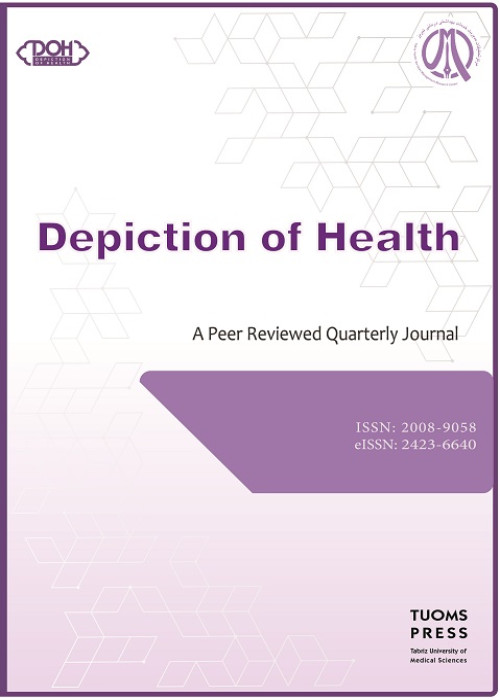The Relationship between Moral Intelligence and Quality of Working
Improving the quality of working life of organizations' employees affects the quality of the services they provide, their productivity, and their mental health. Studies have shown that the low quality of working life increases the number of employee complaints, the rate of absenteeism, and the application of disciplinary regulations, but decreases the employees' positive attitude and discourages their participation in the suggested system programs. Meeting the needs of employees, on the other hand, leads to the improvement and long-term efficiency of the organization. Moral intelligence refers to the capacity and ability of an individual to understand right from wrong, have strong moral beliefs and act based on them, and behave appropriately. The present study aimed to investigate the relationship between moral intelligence and quality of working life of the officials working in different units of the teaching hospitals in Yazd city, Iran.
In this descriptive study, a census sampling method was adopted to investigate all officials (i.e., 75 individuals) working in different units of teaching hospitals affiliated with Shahid Sadougi University of Medical Sciences in Yazd, Iran in 2023. Two standard questionnaires including moral intelligence of Kiel and Lenik and the quality of life of Casio were used to collect the required data. It should be noted that the demographic information including age, sex, education, and work experience was provided at the beginning of the questionnaires and before its main items. The questionnaires were distributed and collected by the researcher visiting the hospital and providing additional explanations. Data analysis was performed by using SPSS version 22 software, descriptive statistics (i.e., prevalence, mean, standard deviation), as well as t-test, ANOVA, Mann-Whitney U, and Kruskal-Wallis tests.
Majority of the participants were females (62.7%), aged 31-40 years (49.3%), had a work experience of 10-20 years (56%), and had bachelor's degrees (54.7%). The total score of the quality of working life of the participants was (107.82±18.63), and the total score of the moral intelligence was (163.76±16.11). Therefore, the scores of both variables were above the average level. Generally, there was no significant relationship between the two variables of quality of working life and moral intelligence (P=0.051), but a significant relationship was observed between the participation and communication dimensions of the overall score of moral intelligence (P<0.05).
It was recommended that the policy makers and macro decision makers in the field of health and treatment should pay more attention to the improvement of communication between employees and officials as well as to the encouragement of participation in decision-making and goal-setting processes, which, in turen, may have contributed to strengthening moral intelligence and improving the quality of their life in the organization.
- حق عضویت دریافتی صرف حمایت از نشریات عضو و نگهداری، تکمیل و توسعه مگیران میشود.
- پرداخت حق اشتراک و دانلود مقالات اجازه بازنشر آن در سایر رسانههای چاپی و دیجیتال را به کاربر نمیدهد.


